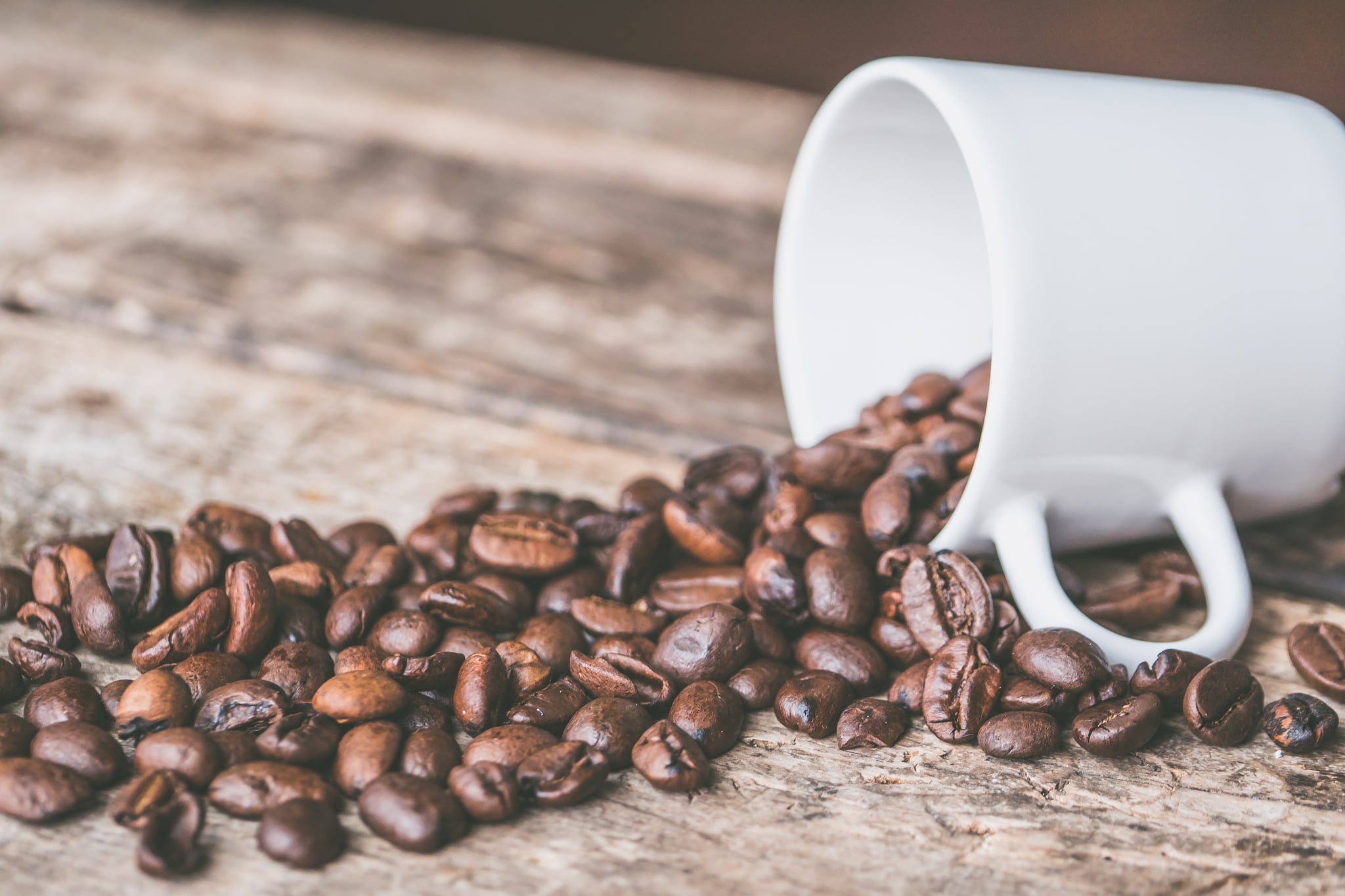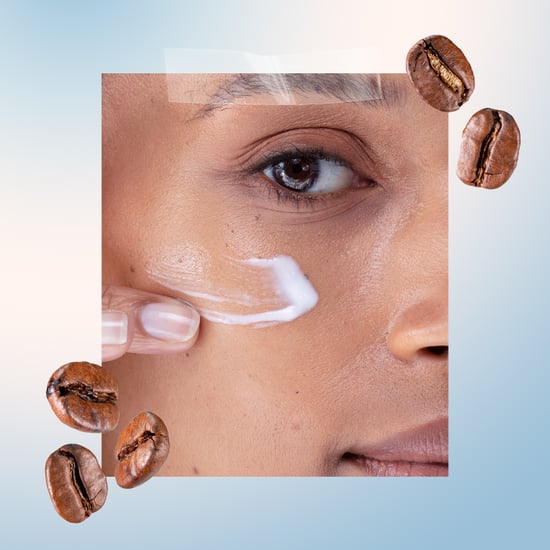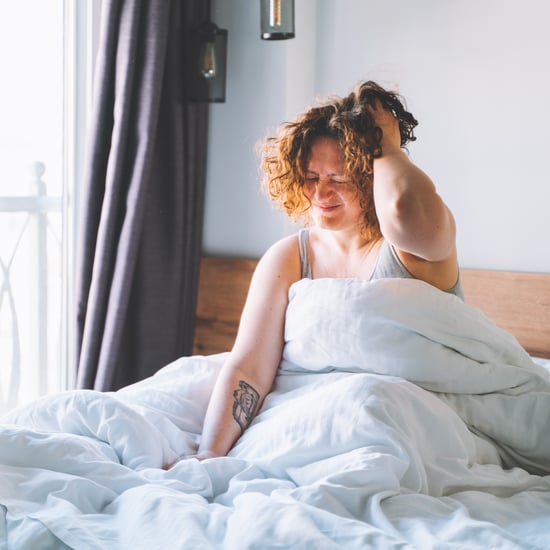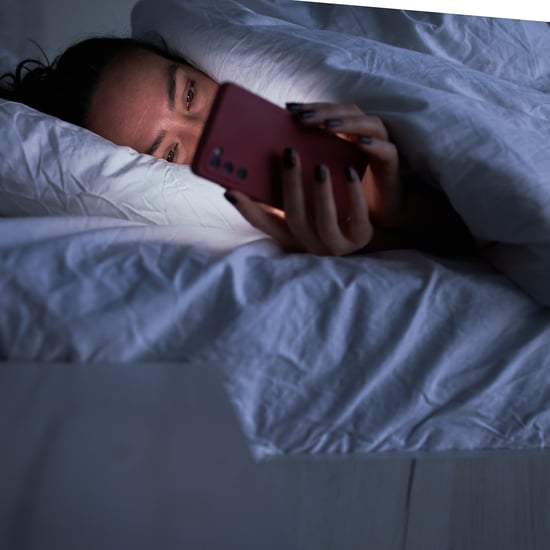Signs of Too Much Caffeine
5 Signs Your Caffeine Habit Is Out of Control — and How to Scale It Back

If you're pounding cup after cup of java or even snacking on too many squares of chocolate in the day, you could be taking in more caffeine than your body can handle. When it comes to caffeine intake, you should be fine with around 300 milligrams to 400 milligrams a day, which could be equivalent to three or four cups of coffee. However, any more than that, and you could be going overboard and might encounter some nasty symptoms. Here are a few signs to look out for in terms of whether or not you need to slow down on the caffeine and look for noncaffeinated alternatives for your late-afternoon pick-me-up. (For instance, herbal tea or water with fresh fruit could be just as energising, without all the caffeine.)
You Can Get Jittery
"Too much caffeine causes a jittery feeling," says Dr. Ashlie Olp, lead physician at Olp Family Medicine of Carmel, IN, to POPSUGAR. "Caffeine stimulates both the central nervous system [CNS] and the autonomic nervous system [ANS]," she says. "The autonomic nervous system works in the periphery and regulates the function of smooth muscle, glands, skin structures, and the function of some internal organs." For example, it controls heart rate, breathing, vascular dilation and constriction, and stomach acid secretion, just to name a few. "When you stimulate the ANS, the heart race will increase, dilate airways, [and] relax smooth muscle (thereby dilating blood vessels, too)," which can result in jitteriness and anxiety, she explains.
You Might Sweat and Have Heart Palpitations
"People may also feel hot or even start sweating. They could feel a racing or pounding heartbeat, get a headache, or develop an uneasy, nervous feeling. They may find themselves wanting to move around or talk a lot," says Ginger Hultin, MS, RDN, CSO, a Seattle-based registered dietitian, nutritionist, and Arivale coach, to POPSUGAR. As the body heats up and blood is rushing to the skin and head, it can make you feel anxious after taking in another dose of caffeine.
You Can Get Insomnia
"The reason it helps keep people awake and alert is because of the stimulating effect on the CNS. It inhibits adenosine, which normally induces sleepiness," Hultin explains. "Once the adenosine receptors are inhibited, a second release of neurotransmitters activates other centres in the brain that then create the systemic effects," such as feeling awake, alert, and mobile, she says. Such stimulation can make it challenging to get adequate shut-eye.
You Might Get Irritable
Too much caffeine can make it hard to regulate mood, and you could encounter increased irritability and mood swings. "Some people may experience a change in mood. Caffeine sensitivity can be caused by the way caffeine affects the brain, so this may be one reason this occurs. Some people feel more irritable or even angry," says Hultin.
You Might Have Tummy Troubles
Some people might experience GI effects. "People who are caffeine sensitive may notice stomach upset when they drink caffeine, while others may notice diarrhoea," says Hultin. "Studies are mixed on why this happens, whether it may be a shift in hormones when caffeine is consumed or other compounds in coffee stimulate the bowels," she says. What's more, you might have to pee . . . a lot. "Increased urination is another symptom of caffeine-sensitive people because caffeine is a natural diuretic. Some people experience more urgency than others," she adds.
How to Cut Back
"You can either cut back little by little or go cold turkey. Both are safe options; [it] depends on the person and lifestyle. Cold turkey, however, may result in initial tiredness and headaches," says Dr. Olp. Or you can switch to drinks that have less or no caffeine to lower your dosages.
"Matcha is definitely trending strongly. It is a rich source of antioxidants and may offer health benefits that we know are associated with green tea. Many of these products have either no caffeine or less caffeine than coffee, so that could be one benefit for people who want to avoid it. Some people may not care for the taste of coffee but still desire a hot beverage, so it could be a good alternative there, too," adds Hultin.






